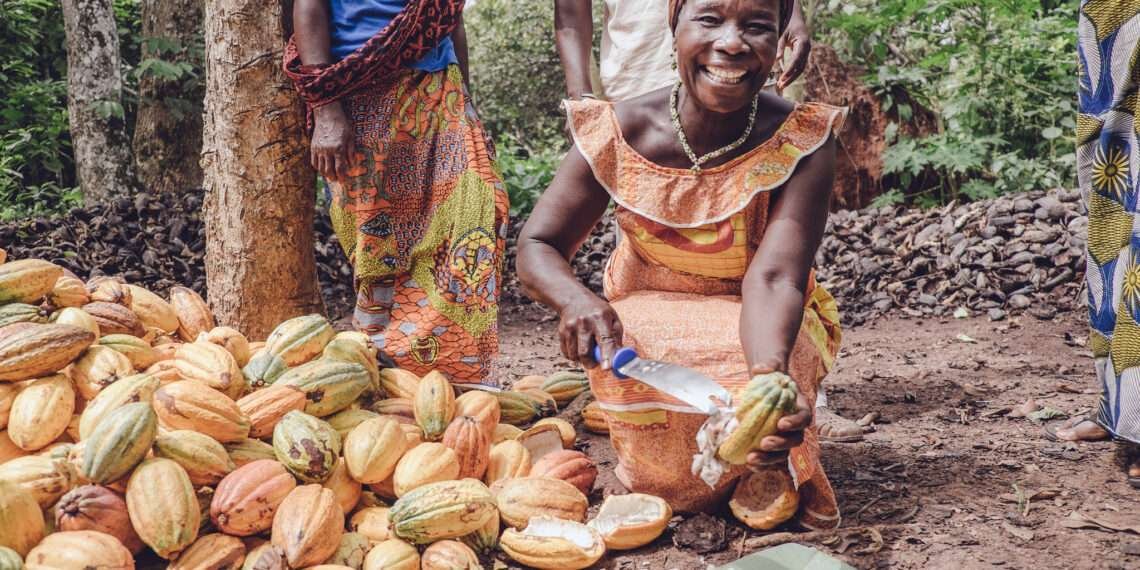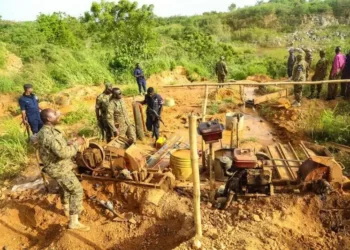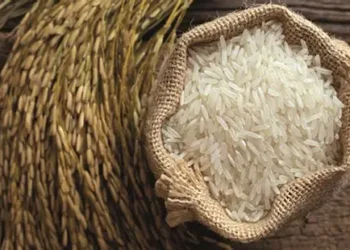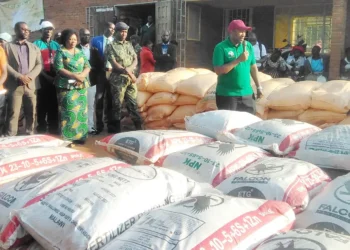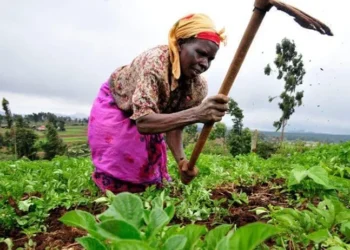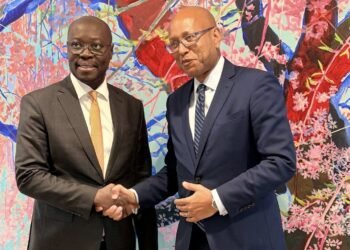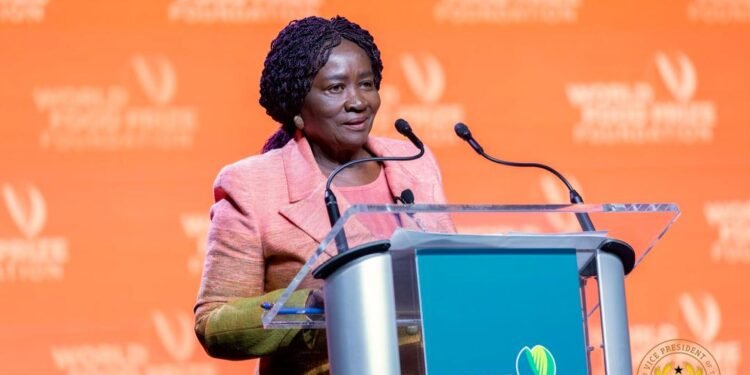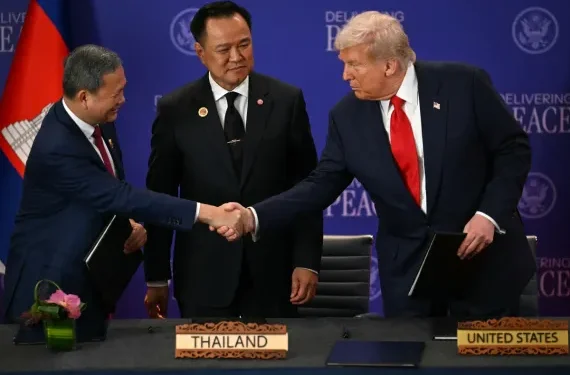Cargill and Syngenta, through their CANOHYE initiative, are providing Ghanaian cocoa farmers with sustainable ways to farm, thereby improving their livelihoods.
CANOHYE is an e-money input saving program whereby farmers can save cocoa revenues over time and access quality agro-products at subsidized rates. This financial management support is coupled with the agronomic backing to enable quality crop protection products at a reduced price.
In addition, the initiative provides training modules and waste bins at the community level to promote clean cocoa farms. The initiative provides farmers with the correct mechanisms to safely dispose of pesticide containers, enables waste management, and discourages counterfeit pesticides that can instantly destroy a total yield.
“Through our CANOHYE partnership with Cargill in Ghana, the world’s second-largest cocoa-producing country, we empower smallholder farmers and support sustainable cocoa production. Ghanaian smallholders grow one-quarter of the world’s cocoa and depend on cocoa production for their livelihoods. By helping increase their yields sustainably, the partnership empowers smallholders and supports sustainable cocoa production.”
Syngenta
According to Syngenta, its partnerships give cocoa growers the right tools to achieve higher yields. “We are helping growers to tackle key challenges: counterfeit crop protection products, high prices of farming inputs, lack of application know-how, and limited safety training,” the Organization stated.

Bringing sustainable innovation to farmers and customers through this partnership
The Chief Sustainability Officer of Cargill, Pilar Cruz, noted that “the world will be home to 10 billion people by 2050. This puts pressure on our industry to increase food production to nourish the population, but that can’t be at the expense of our natural resources.”
“The industry must evolve. We purposefully bring sustainable innovation to farmers and customers at Cargill through this partnership. Together we can tackle sustainability problems and empower farmers to maximize their revenues,” she noted
“To foster a more sustainable approach, we create connections across the food system, transforming how food is grown, produced, and moved to family tables worldwide. We’re prioritizing investments in innovations that have the most significant potential to build a stable global food system for future generations. Cargill believes in adopting and scaling sustainable agricultural practices that build the long-term economic viability of cocoa farming businesses, supporting the next generation of farmers.”
Pilar Cruz
“We have set a global goal to provide training on sustainable agricultural practices and improve access to markets for 10 million farmers by 2030. We are taking action to deliver on that commitment, and the CANOHYE initiative is a part.” Pilar revealed.
Supporting new and beginning farmers is just one area of concern for state policymakers as the agricultural economy shifts. Workforce shortages and climate change pose significant challenges too. Some agri-experts say addressing these issues will be an essential part of building resiliency in a sector that touches most aspects of life.
Gender inclusion
Pilar noted that empowering women is also a crucial component of the Cargill Cocoa Promise. She revealed “our commitment to achieve a thriving and sustainable cocoa sector for generations to come.”
In cocoa communities like Ghana and Côte d’Ivoire, women provide nearly half the labor on farms. Yet income is not distributed equally. Women own less of the land. And they have much less access to training, markets, and finance. Helping women earn more household income provides more money for food and education, two critical factors in reducing the risk of child labor.
READ ALSO: Kinross Meets Output Expectations Despite Tough Quarter



